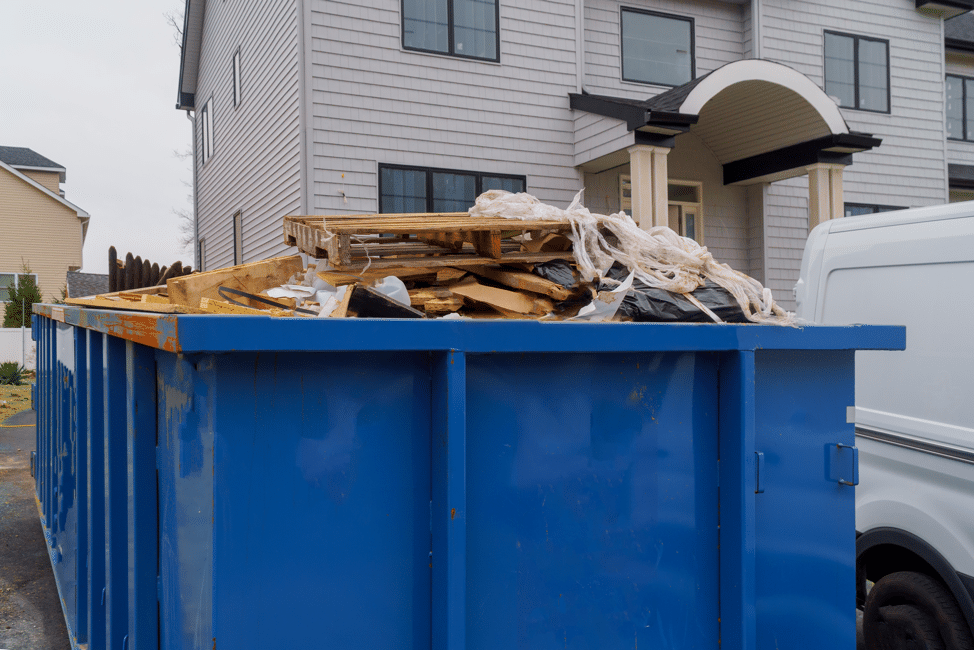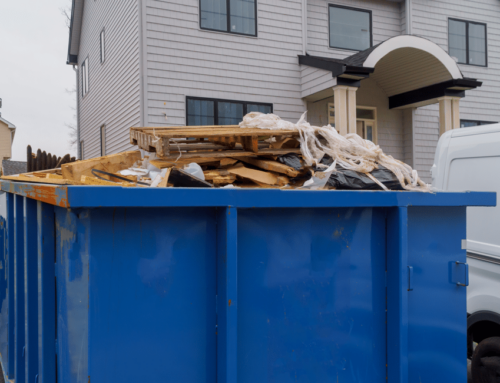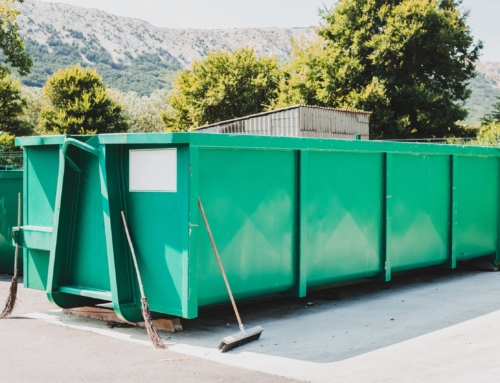In the world of business, efficient waste management is essential not only for operational tidiness but also for environmental responsibility and cost-effectiveness. One solution that has gained significant traction in recent years is commercial dumpster rentals. These services provide an organized and structured approach to waste disposal for businesses of all sizes. In this blog post, we will delve into the advantages and best practices of commercial dumpster rentals, highlighting how they streamline waste disposal for businesses.
Advantages of Commercial Dumpster Rentals
1. Efficient Waste Management
Commercial dumpster rentals offer a centralized and organized method for managing waste. Businesses can efficiently dispose of various types of waste, from regular trash to recyclables and even construction debris, depending on the type and size of the dumpster rented.
2. Cost-Effectiveness
Opting for a commercial dumpster rental can be a cost-effective waste management solution for businesses. It eliminates the need for investing in a fleet of waste trucks or hiring a waste management team, saving on operational costs in the long run.
3. Saves Time and Effort
Using a commercial dumpster means that businesses can focus their time and effort on their core operations. Waste management is taken care of by the rental service, allowing business owners and employees to concentrate on what they do best.
4. Environmentally Friendly
Many dumpster rental companies prioritize environmentally friendly waste disposal. They often sort and recycle materials, diverting a significant amount of waste from landfills. This aligns with sustainability goals and showcases the business’s commitment to being environmentally responsible.
5. Flexibility in Sizes
Commercial dumpster rental services typically offer a range of dumpster sizes to suit varying business needs. Whether it’s a small business or a large corporation, there’s a dumpster size available to handle the waste volume efficiently.
Best Practices for Efficient Commercial Dumpster Usage
1. Estimate Your Waste Volume
Before selecting a dumpster size, assess your business’s waste generation patterns. Accurately estimate the volume of waste to choose an appropriately sized dumpster, avoiding unnecessary costs or overflow issues.
2. Sort and Recycle
Implement a waste sorting system within your business premises. Encourage employees to separate recyclables from general waste. This way, a significant portion of waste can be diverted for recycling, promoting sustainability.
3. Regular Waste Audits
Conduct regular waste audits to identify waste reduction opportunities. Analyze the types of waste generated and explore ways to minimize waste, whether through process improvements, recycling initiatives, or employee education.
4. Scheduled Pickups
Coordinate with the dumpster rental service to establish a regular pickup schedule. Adhering to a set schedule ensures that the dumpster is emptied promptly, avoiding overflow and maintaining a clean and organized waste disposal system.
5. Clear Communication with the Rental Provider
Maintain open communication with the dumpster rental provider. Notify them of any changes in waste volume or schedule to ensure they can accommodate your business’s evolving needs effectively.
Commercial dumpster rentals offer a strategic waste management solution for businesses, ensuring a clean and organized waste disposal process. By understanding the benefits and implementing best practices, businesses can streamline waste management, promote environmental sustainability, and contribute to efficient business operations.
Website: www.hayesservicesct.com
Call Us: 860.739.2273






